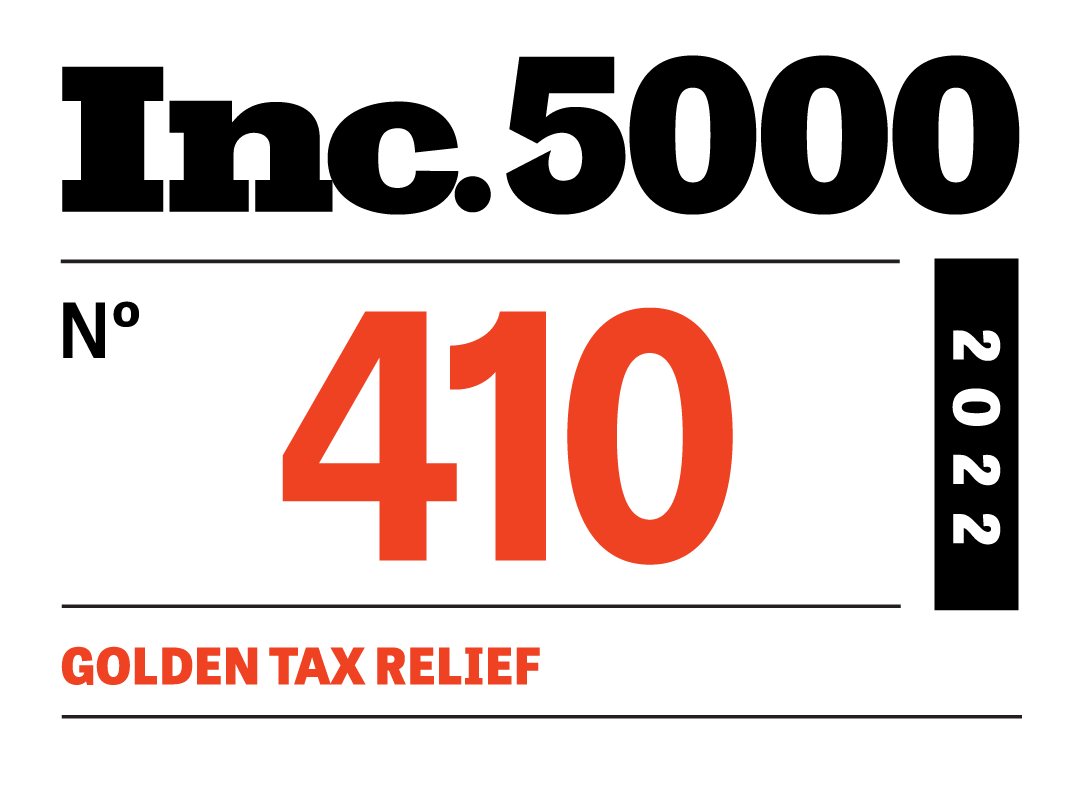Ranked in Top 500 Fastest Growing Companies in The USA

Understanding Tax Liability: What You Need To Know

Taxes are an important part of our lives, and understanding tax liability is essential in making sure that you're well-informed about your financial obligations. Whether you're a business owner, a freelancer, or an individual taxpayer, knowing how tax liability works is crucial, as it will help you avoid legal and financial issues down the road.
This blog will explore what tax liability is, how it works, and some tips to help you manage your tax liability effectively.
Understanding Tax Liability
Tax liability is the amount of tax that you owe to the government based on your income, investments, and other financial activities. It's the responsibility of every taxpayer to calculate their tax liability accurately and pay the required tax on time. If you fail to do so, you may face penalties, fines, and other legal issues.
Calculating Tax Liability
Calculating tax liability can be challenging, especially if you have a complex financial situation. However, it's essential to get it right to avoid penalties and fines. The best way to calculate your tax liability is to use the IRS Tax Calculator, which is available on their website.
The calculator will ask you to provide information about your income, deductions, and credits, and it will generate an estimate of your tax liability. If you're not comfortable using the calculator, you can hire a tax professional to help you. For example, Golden Tax Relief can assist you in understanding any tax liability you may owe.
Managing Tax Liability
Managing tax liability can be tricky, but there are several things you can do to make it easier. First, make sure that you keep accurate records of all your financial transactions, including income, expenses, and deductions. Keeping good records will help you calculate your tax liability more accurately and avoid potential legal issues.
Second, make sure that you claim all the deductions and credits that you're entitled to, including deductions for business expenses, charitable contributions, and other eligible expenses.
Third, consider setting aside a portion of your income for taxes. This will help you avoid a surprise tax bill and ensure that you have enough money to pay your taxes on time.
Hiring Tax Planning Services
Taking control of your tax liability doesn't have to be a task you tackle on your own. Hiring tax planning services like Golden Tax Relief can be an invaluable tool for both individuals and businesses. Tax professionals or advisors from Golden Tax Relief have an in-depth understanding of tax laws and extensive experience in handling different tax situations. They can provide strategic advice and guidance on how to minimize your tax liability while ensuring compliance with the law.
By hiring a tax planning service like Golden Tax Relief, you're entrusting your financial matters to experts who stay abreast of the latest changes in tax legislation. They can identify potential deductions and credits that you may not be aware of, helping to reduce your overall tax liability. More than just preparing your tax return, a tax planning service such as Golden Tax Relief looks at your financial situation holistically, suggesting strategies to optimize your tax position based on your specific circumstances.
Golden Tax Relief is proud to provide custom plans for each of our clients. Tax liability is not something that a one-size-fits-all approach can manage, so allow our seasoned professionals to put together a plan that fits your needs and manages your tax liability.
The fee for a tax planning service is usually tax-deductible. It's a small price to pay for peace of mind, knowing your tax obligations are handled correctly. Whether you're an individual taxpayer or a business owner, investing in a tax planning service like Golden Tax Relief can save you time and stress and could potentially save you significant money in the long run.
Understanding tax liability is critical in managing your finances effectively. By knowing how tax liability works, you can avoid legal issues and ensure that you're paying the correct amount of tax. Following best practices for managing your tax liability will make your financial life easier and more secure, so reach out to our team at Golden Tax Relief for assistance.
As Ben Golden puts it, "Taxes are a necessary part of business, but there is no reason you should pay any more than legally necessary. That’s why I started Golden Tax Relief – to proactively assist high-income business owners LEGALLY reduce their tax liability!"












